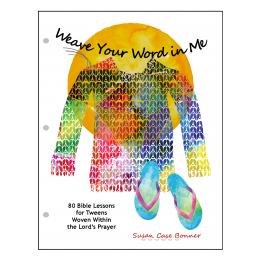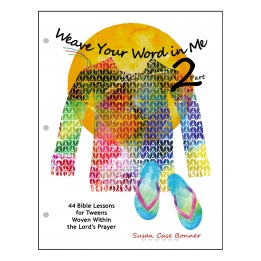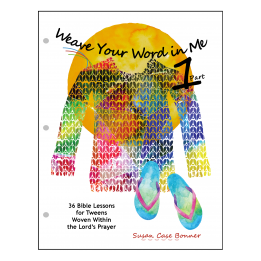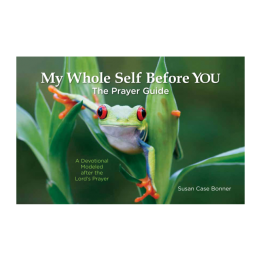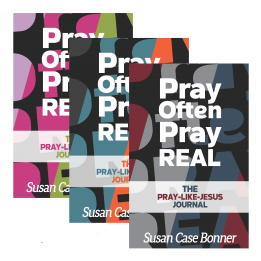40a — Jesus Warns About Greed (Luke 12:15-21)
Parable of the Rich Fool —
 Ancient Jews equated God’s blessing with material wealth. Therefore, it was not uncommon for Jews to think that the more wealth a family acquired, the more they were favored or blessed by God. As a result, living life to accumulate wealth became the primary goal of many Jews.
Ancient Jews equated God’s blessing with material wealth. Therefore, it was not uncommon for Jews to think that the more wealth a family acquired, the more they were favored or blessed by God. As a result, living life to accumulate wealth became the primary goal of many Jews.
That is why the Jewish man in Luke 12 felt justified in asking Jesus to help him get his rightful portion of his family’s inheritance — he most likely believed this was an important topic to God.
Jesus, however, surprised the crowd by rebuking the man and turning his request into a warning about one of the greatest dangers to a godly life — the danger of greed.
Listen to this retelling of the Parable of the Rich Fool and then answer the questions that follow.
The man in the parable had a greed problem. Rather than using his surplus of grain for the welfare of others, he planned how to hoard it so that his life could be easy and pleasurable. That is why Jesus called him a fool — he had deceived himself into thinking that his life was meaningful and worthy because of all he had accumulated, rather than being concerned about how he could faithfully use what God had blessed him with for the good of others.
Questions
-
What are some other words for greed?
-
Are wealthy people the only ones who have a greed problem?
-
Can people be greedy about other things than possessions? Name some.
-
What are some opposites of greed?
My Prayer
Dearest Father, Please forgive me when I am greedy and help me to be on my guard against every form of greed — greed for pleasure, greed for attention, greed for possessions, greed for power or privilege. May I use all that you bless me with for the betterment of others and to help build your kingdom. Thank you. Amen.
Answer Key
1. Coveting, Hoarding, Self-centeredness, Piggish-ness, Gimmie-attitude, Materialistic, Unhealthy Cravings or Desires
2. No. People who are poor sometimes put all of their energy into envying the rich — not for the good they could do with wealth, but to fulfill self-centered desires and greedy pleasures. On the other hand, many poor people are generous with the little bit they have and delight in meeting other people’s needs even though that means doing without something for themselves.
3. Pleasure or Ease (I’m going to do my homework later — I just want to play a little bit longer.)
Attention (Why does he always get to go first?)
Possessions or Money (Mom, can I have____?)
Food (His half is bigger than my half!)
Power (I hate when I don’t win or get my way!)
Privileges (Dad, I just want to stay up 15 more minutes — please!)
4. Self-control, Sharing, Generosity, Contentment, Charity, Hard Work

